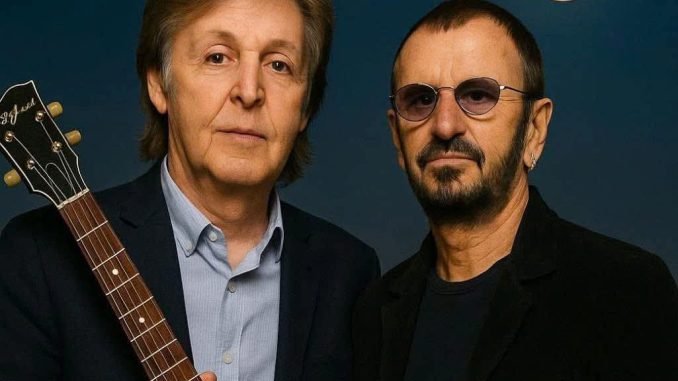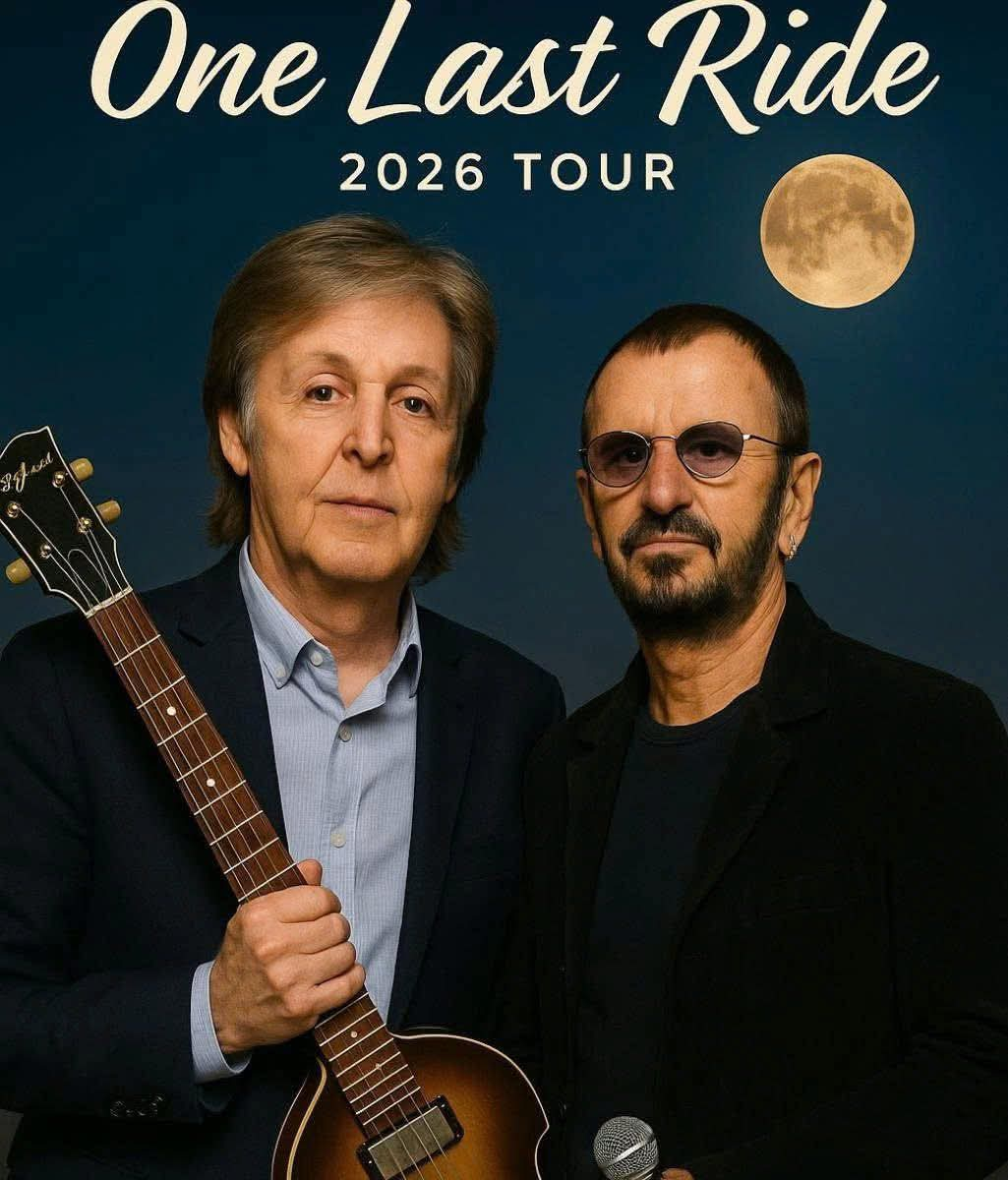
The story of The Beatles is one of brilliance, revolution, and inevitability. From their humble beginnings in Liverpool to becoming the most influential band in the history of music, the Fab Four defined a generation and reshaped popular culture. But like all great journeys, theirs had a final chapter — one that would come to be known as The Beatles’ final ride.

A Band at Its Peak, Yet on the Edge
By the late 1960s, The Beatles had achieved everything most musicians could only dream of: worldwide fame, critical acclaim, and a catalog of songs that changed the very fabric of rock and pop. Yet, behind the scenes, cracks had begun to show. Individual creative visions pulled the members in different directions, business disputes overshadowed the music, and personal tensions mounted.
Still, even as the group edged toward dissolution, they managed to deliver some of their most defining works. Abbey Road (1969) felt like a farewell symphony, its medley a breathtaking journey from discord to harmony — a reflection of both their artistry and their fractures.
The Rooftop Goodbye
On January 30, 1969, The Beatles gave what would be their last public performance. Perched on the rooftop of Apple Corps headquarters in London, they played an impromptu set that stunned passersby and echoed through the streets below. Songs like Get Back and Don’t Let Me Down carried not just energy but finality. The performance ended not with applause but with police intervention, a poetic reminder that the ride was almost over.
That rooftop moment became the band’s last true act together, raw, joyful, and defiant.
The Break That Shook the World
In 1970, Paul McCartney publicly announced his departure, effectively ending The Beatles. It was the conclusion of a whirlwind less than a decade long, but one that had left an indelible mark on music and culture. John Lennon pursued bold solo work, George Harrison released his spiritual masterpiece All Things Must Pass, Ringo Starr crafted his own hits, and McCartney built Wings into a touring powerhouse.
Yet, for fans, the breakup felt like the end of innocence. The “final ride” was more than just the end of a band — it was the end of a cultural phenomenon that had defined the 1960s.
A Legacy That Never Ends
Though their journey together ended, The Beatles never really left. Their music continues to inspire new generations, their story retold in films, books, and documentaries. Each anniversary of Abbey Road or Let It Be, each rediscovered outtake, each tribute concert feels like a continuation of their ride.
And perhaps that’s the greatest truth: while The Beatles’ final ride marked the end of a band, it was also the beginning of an immortal legacy. As John Lennon once said, “The Beatles are bigger than Jesus.” Time has proven that in many ways, he was right, the music, message, and magic of The Beatles remain eternal.
Leave a Reply